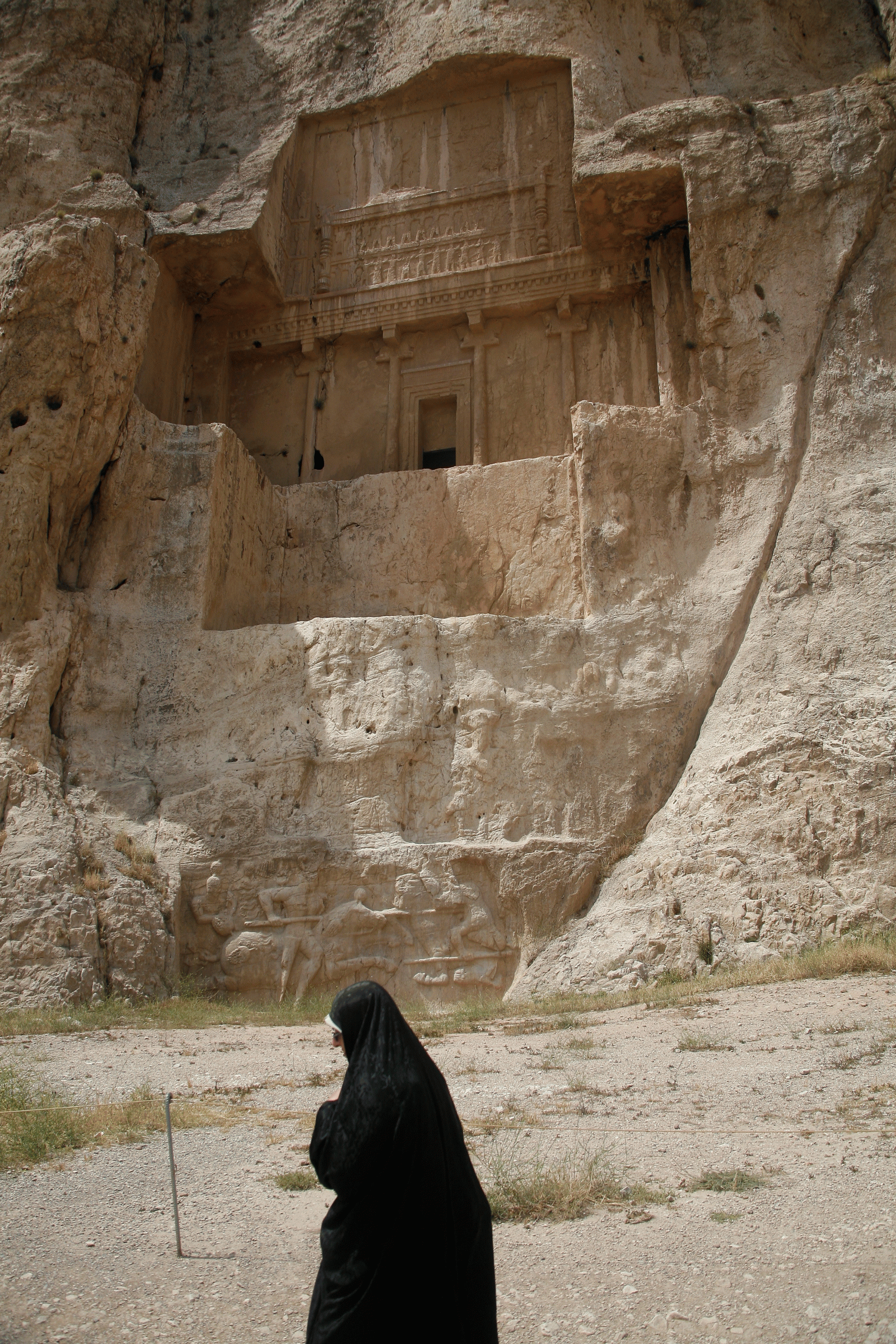4A Lab Seminar
Keivan Moussavi Aghdam: Western Archeologists and Iranian Modern Identity

Naqsh-e Rostam, 2016, photo by Keivan Moussavi Aghdam
After being defeated by Tsarist Russia in 1813, Iranian statesmen and intellectuals found their identity fragile. Since then, in the face of modernization processes, many Iranians attempted to structure Iranian modern identity through the combination of their traditional values and globalized modern principles. The politics of the Pahlavi monarchy (1925-1979) manifested such an effort to shape national modern identity through antiquarianism on the one hand and projects of speedy modernization on the other. On a cultural level, the role of Western archeologists such as Ernst Herzfeld and Arthur U. Pope, arriving in Iran in the 1920s, was crucial in the construction of modern Iranian identity, since their excavations, exhibitions, and writings on the long history of Iranian art and culture, with their special reference to the glorious past, influenced the modern historiography in Iran. By the 1960s, Iranian archeologists like Ezzat Negahban gradually replaced their Western counterparts and established Iran's first modern Institute for Archeology in Iran.
This presentation attempts to show the ways in which the formation of modern Iranian cultural identity under the Pahlavis was largely determined by the methods of categorization, interpretation, and evaluation offered by the archaeologists. The early archeological campaigns, mostly conducted by the Western archaeologists, were led to the articulation of Iranian history on the basis of Greco-Roman and Christian viewpoints, either in formalistic or in iconographic analyses. Such a historiography of Iranian art and culture worked in correspondence with the rise of nationalism in the early years of the Pahlavi era. The paper will contextualize the outcome of archaeological practices, and demonstrate the interrelation among the Western historians, the state, and the intellectuals within this transitional and conflicting Iranian society.
Keivan Moussavi Aghdam is a researcher in the fields of modern Art History, Philosophy of art, photography and contemporary Iranian art. He is a PhD Candidate in Visual History at Humboldt Universität Berlin since 2019. He received his Master's degree in Art Theories and a BA in Photography, both from Azad University of Tehran. Between 2015 and 2019, he taught as lecturer courses on the philosophy and history of art and photography at Zanjan University and Tehran University of Art, as well as some private institutes in Tehran. He has written and translated several articles for Iranian art magazines. His MA dissertation was on the relationship between the state and artistic movements from the 1950s to 1970s. In his current research, Moussavi Aghdam focuses on the role of Western archaeologists in shaping the discourse of Iranian identity during the Pahlavi period (1925-79) and its impact on Iran visual art and culture. Last year, he received a grant from the Max Planck Society for his PhD research.
23 June 2020, 3:00pm
Online 4A_Lab Seminar
The event takes place online
Internal event
Notice
This event will be documented photographically and/or recorded on video. Please let us know if you do not agree with the Kunsthistorisches Institut in Florenz using images in which you might be recognizable for event documentation and public relation purposes (e.g. social media).


